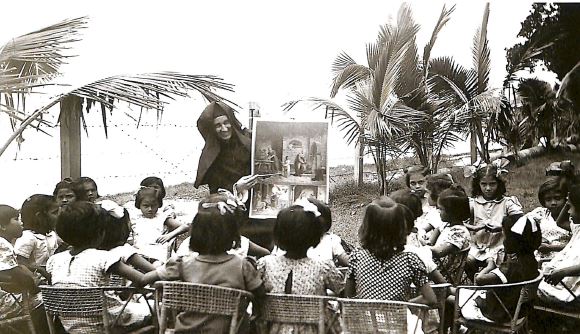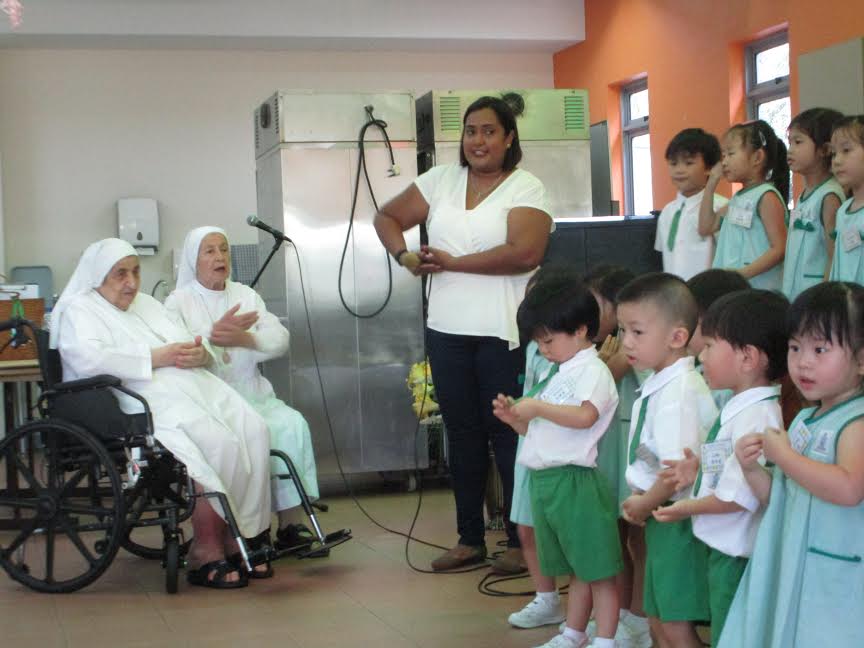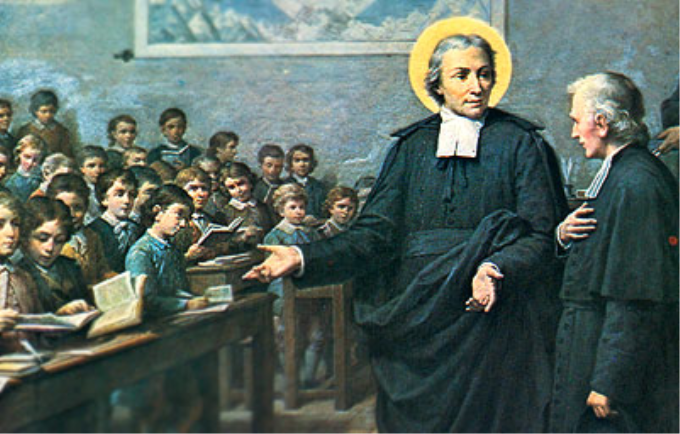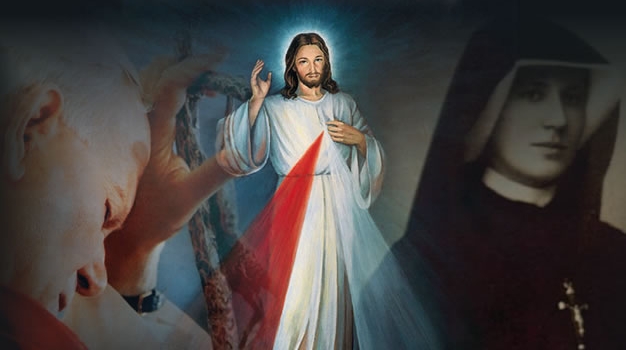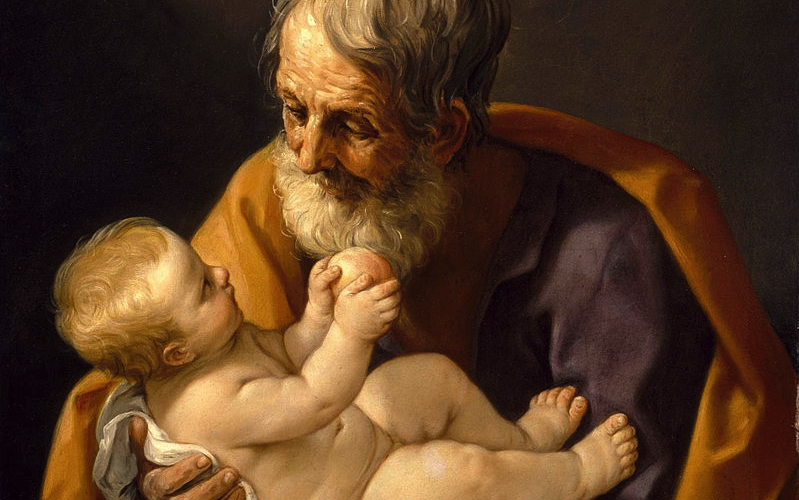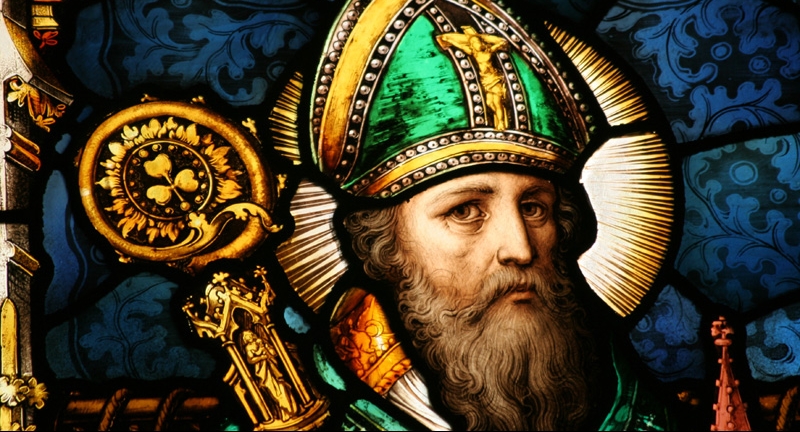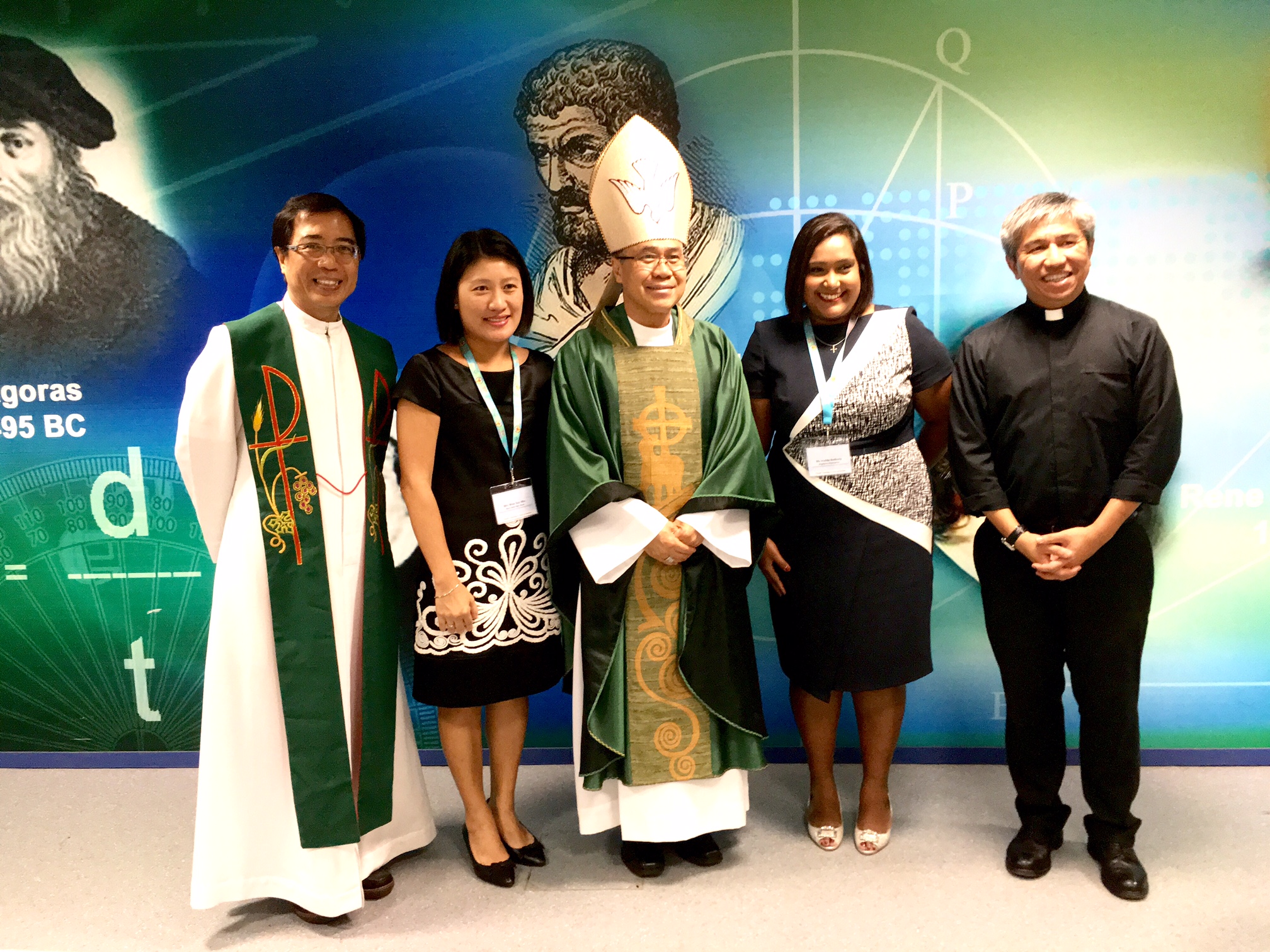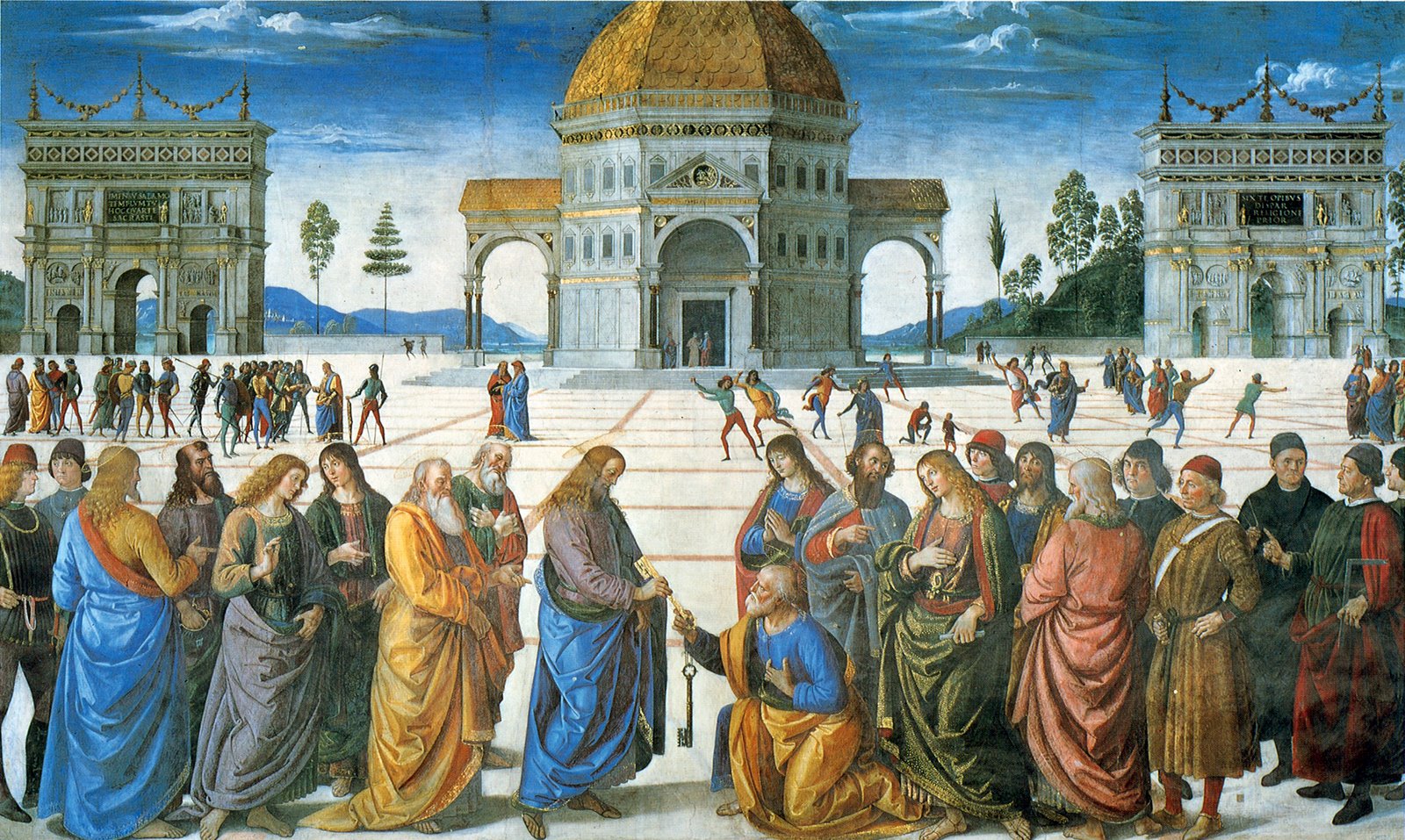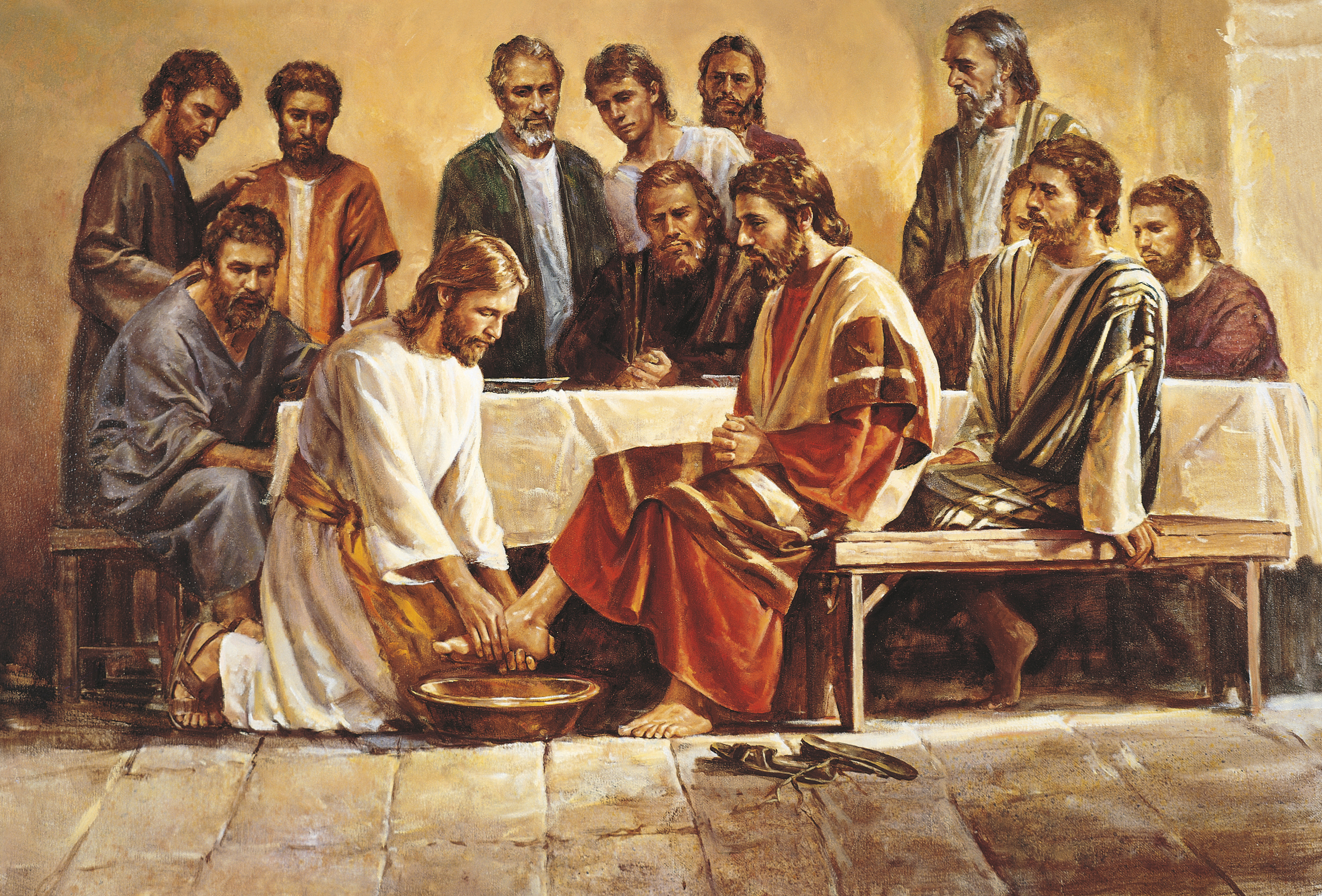Husband-and-wife teachers with a combined experience of over 60 years, Gerry Er (Holy Innocents High School) and Juliana Teo (St Patrick’s School) talk about what (and who) keeps them motivated in the teaching industry.
How did you both meet, and why did you decide to become teachers?
Juliana: We met each other while teaching at SJI in 1988. I have always wanted to be a teacher. I remember my mother telling my neighbours about how I started teaching invisible students at age seven. One of my uncles was a teacher but I don’t think he influenced me to become one though. As a student, I was lucky to always have had good teachers so naturally when I grew up, I wanted to be one. When I did well enough at A levels, I applied for the PSC teaching bursary and got it. And that’s how it all began. No regrets. I have been teaching for the last 34 years. I have taught in government schools (Rangoon Road Secondary and Peicai), an independent school (SJI), all-boys schools (SJI and St Patrick’s) and also an all-girls school (Hai Sing Girls’ High School).
Gerry: A short stint as a commodity trader in a reputed Japanese multi-national after graduation and a fulfilling relief teaching experience in a junior college helped me to decide that the teaching profession was my cup of tea. I enjoy being with youths. I have taught six months in a junior college, six years in SJI Independent and 22 years at Holy Innocents’ High School.
What are your fondest memories as teachers?
Juliana: My fondest memories have always been when students return to visit and update me about their lives. It tells me they care enough to update me about how they are doing. It is a huge reward for me if they tell me I have made a small impact on their lives. Some of my students have become good friends. It’s amazing when we can share parenting tips and other life hacks.
Gerry: When students remember the values I have shared with them (e.g. to always see the good in others, even when they appear to be cynical, arrogant and exhibiting negative traits), and when they share that I have, in a way, contributed to their growth in their formative years.
What do both of you like most about teaching in a Catholic school?
Juliana: I love the opportunities to pray as a community, the masses and the religious talks organised for the students. For instance, St Patrick’s organises many inter-religious talks and celebrates the various religious festivals throughout the year. In our Religious and Character and Citizenship Education classes, we organise talks on Buddhism, Hinduism, Taoism, etc. for our students. These talks are very enlightening and informative, and we learn a lot from them. In that sense, I think we are truly Catholic, where every religion is appreciated and understood.
Gerry: To evangelise at every opportunity during curricular hours, and especially through the transmission of norms, values, and beliefs conveyed in the classroom and the social environment. For example, my habit of sweeping the classroom in the presence of the students is aimed at conveying the value of humility, dignity of labour, order and the importance of cleanliness. As Pope Pius said, “Order is the passport to heaven”.
What are the cultures and charisms in St Patrick’s School and Holy Innocents’ High School like?
Juliana: St Patrick’s was founded by the Christian Brothers in 1933, upon the realisation of the need to have another school for Catholic boys in Singapore. It is the second Lasallian school after SJI that provides secondary education for boys. Parents want to be able to send their sons to a good Catholic school, and competition for SJI was (and still is) intense. St Patrick’s was and is the answer to parents whose sons do not perform so well at the PSLE. We take care of the last, the lost and the least.
Gerry: The culture in Holy Innocents’ High School is shaped by the ‘courage to lead’ and the ‘compassion to serve’. The story of the Good Samaritan influences the staff and students to be ‘men and women’ for others. The school’s motto, ‘Sincerity and Charity’, challenges the community at Holy Innocents’ High School to live authentic lives guided by the Gospel values of Faith, Hope and Charity.
How does your faith influence your role in the classroom?
Juliana: I think the question should be, “How does the classroom influence my faith?” I always think that children have much to teach adults. I learn from my students just as they learn from me. Children and young people are sometimes so insightful. I always have to be careful how I speak in class – because there are no final pronouncements in life. Our lives are not static; people can and do change, and the classroom is an example of that. It is humbling to be a teacher and to be able to see that happening every day. I don’t think that I am the expert in the classroom. We learn together whether it is faith or facts.
Gerry: The late Rev Fr Matthias Tung, the Supervisor of the Board of Holy Innocents’ High School, advised the teachers to remember that Jesus, the Master Teacher, is with us in the classroom. His advice is to pray before you enter the class, and the Lord takes care of every detail.
What are some of the challenges you face as teachers?
Juliana: My greatest challenge as a teacher is having relatives think you get three months of holiday a year, and that you work half a day! So they think you are free to help them with whatever tasks they have… I have never known myself to work only half a day. I also have to answer to parents for their children’s results (this is difficult if their children refuse to work), and difficult bosses, which I have had a few.
Gerry: How to reconcile the values of this secular world, as opposed to building God’s Kingdom on earth. How many times as a teacher have I contradicted myself when I preached the values of this world, versus the ones espoused by the Catholic Church.
How do your colleagues and students inspire you and keep your passion going?
Juliana: It is inspiring when I see students understand something I am teaching or imparting to them. When students credit you for having a hand in how their lives have improved, it keeps me going. Most of all, seeing how my husband carry on despite all the difficulties inspires me.
Gerry: We have a weekly Catholic teachers’ meeting every Friday, where we have a platform to share our faith experiences. It is also a time to prepare for whatever major events are coming up (e.g. Penitential Service, monthly masses, Stations of the Cross, spirituality retreat etc.).
If you were not in the teaching service today, how different would your lives be?
Juliana: I think I’d be a nurse. That is another noble profession. I look for jobs that are meaningful, and not just merely to earn me money. But it is important to get a job that pays well so we can live well and serve others.
Gerry: I could have been a lawyer. God directed the Dean of the Law Faculty in 1981 in the interview not to admit me to the faculty, even though friends with less competitive A-Level grades got in.
What brings you joy as an educator?
Juliana: Education is life, and life is education. As a teacher in Singapore, I am lucky: the MOE believes in training teachers. I’ve gone for many workshops and training sessions, all paid for by MOE. Where else in the world can you get that?
Gerry: To see every child/student that comes under my charge as a ‘saint in the making’, and that one day we will rejoice that ‘we had been there together’. The late Mr Goh Sin Tub, former Chairman of the SJI Board, told the SJI students in 1992 that the best gift God had given students is the gift of good teachers.
How do you grow in your faith together as a couple?
Juliana: My husband is good at doctrines so if I am unsure about the Church’s laws, I ask him. Other than that, I refer to the Bible. I keep in touch with priests and religious friends who counsel us about daily challenges and things in life which I am not sure of. We have prayed the rosary together as a family for many years. We also pray nightly and attend Mass together.
Gerry: Attend Mass as often as we can. Pray, pray and pray. We believe in ‘Ora et Labora’ (‘pray and work’), ‘Age Quod Agis’ (‘Do well in whatever you do’) and ‘Potest Qui Vult’ (‘He Who Wills, Can’).

